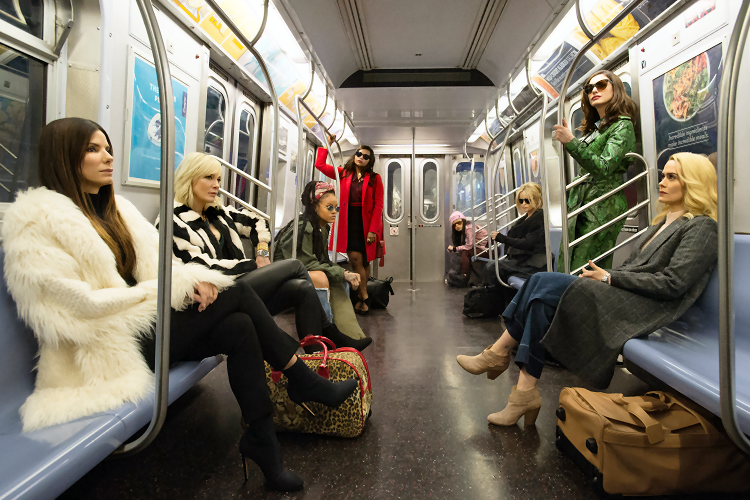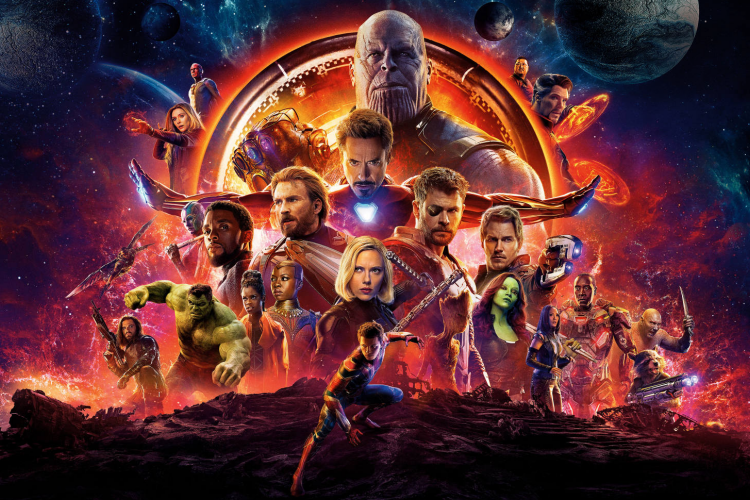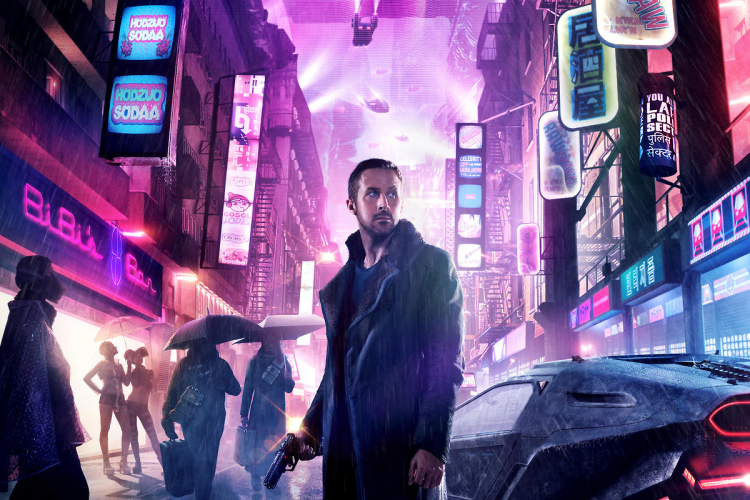 |
| Photo Credit: mother! / Paramount Pictures |
It's difficult to have survived 2017 without hearing of
mother!, a movie drawing critical acclaim
as a masterpiece to Worst Movie of the Century. Often layered with symbolism and metaphors, director Darren Aronofsky doesn't err on the side of caution. Completely untamed, here he strives to weave a story about humanity, God, and mother nature (my interpretation at least) that's less worthy of the title's exclamation point and more of a question mark that fails makes waves.
mother (Jennifer Lawrence) is rebuilding a beautiful house as her poet husband Him (Javier Bardem) struggles to find his next big inspiration. As she strives to make a paradise for him and satiate his zapped creative energy, nothing seems to be good enough - her devotion, attention, love, and care. When strangers visit in the middle of the night inviting war, barbarism, and a cultlike devotion, Him and their unwanted guests bring with them the end of the world as she knows it.
Dubbed as a psychological thriller, even a horror film, Aronofsky threads a foreboding sense of genuine suspense in the beginning. Utilizing a script he wrote in five days, Aronofsky impressively packs in a lot of detail in a short amount of time. When the story strictly centered on mother's dynamics with the house, Him and his consuming attention he feeds off of their visitors, the story looms with confusion and anxiety: Who are these people? Why is Him so attracted to them so easily? What makes mother so apprehensive to their presence? But as the story moves further into the second and last act, Aronofsky adaptating the characters into bigger ideas (Him as God, mother as mother nature, the first two strangers as Adam and Eve) escalates to the point where you stop wondering what point he's trying to make and start questioning what the heck you're watching at all.
Blurring the line between interesting easter eggs, and plastering biblical references at every turn, Aronofsky succeeds better when he isn't trying so hard. mother, anthropomorphized by Jennifer Lawrence, dresses in fine, earthy clothes, and flints between being confused, horrified, or physically abused to the point of no return all in the name of her selflessness to provide for others. Him is obsessed with creation and validation by the masses, of which both will eventually become greedy and consumed by their own egos. In trying to mix the characters in with the setting, mother's house, aka Earth, polluted on, flooded, has blood spilt on it (to say the least), there isn't a specific focus with any one of the messages he's trying to tell: the muse and the arrogant artist, our unrealized fears about the environment and how we treat it before there's no going back, or the pain people inflict upon each other in the name of something higher. There's so little intrigue infused into the story at the halfway mark but so much going on on the surface, Aronofsky's ideas are actually rather thin.
mother! isn't meant to be a horror film in the sense of typical crime dramas or the supernatural haunting the living. The film is meant for us to consider
climate change and how we treat mother nature as if she was a person. But Aronofsky throws so much at the wall, his real message doesn't necessarily stick, unless one wants to sink down into the allegorical rabbit hole. Throughout all of the chaos and heavy-handed symbolism, there's no real thrilling or lasting aspect to Aronofsky's or Him's madness. Which leaves the film with an unapologetic graphic violence without a consistent tone or message, so much so that its shock value loses any deeper meaning he started out with.
To helm his absolute rollercoaster, Lawrence's commitment to her director's vision is palpable, and it might be the best performance of her career since Winter's Bone, but even then, it's bothersome that her
contrasting perspective and judgement of mother seeps into the role at times and loses the essential connection one needs to have because the film is from her point-of-view. Her supporting cast doesn't fare much better: Javier Bardem feels out of place as the other lead, while Michelle Pfieffer, Ed Harris, and the Gleeson brothers are in the most intriguing part of the movie, they are also unmemorable.
Technically, there are things about this that are a marvel. Its
sound design by Jóhann Jóhannsson is brilliant, having no instrumental or lyrical soundtrack to set the pace. The camerawork focuses on its lead Jennifer Lawrence for a good 66 minutes of 121 minutes, of which
the cinematography had to be in sync with the actress. It's also stunning how they staged the action inside the house with everything from raves and dinner parties to hostage situations, cults, and warzones.
Sometimes one movie is the culmination of everything a director has been building for their entire career. Usually, I'd feel excited about this kind of boldness, to take motifs, common plots, and techniques over the years to deliver something that beats out their previous work. Instead
mother! feels wildly forgettable, perhaps something Aronofsky needed to get off of his shoulders, and only a select few are going to stand by what he wanted to say. His latest obsession is a mishmash of what makes him known as a controversial auteur, only this time if he wanted to go for shock value, he should've gone back to the drawing board too.
Rating: ☆☆☆
Have you seen mother! What did you think?




















